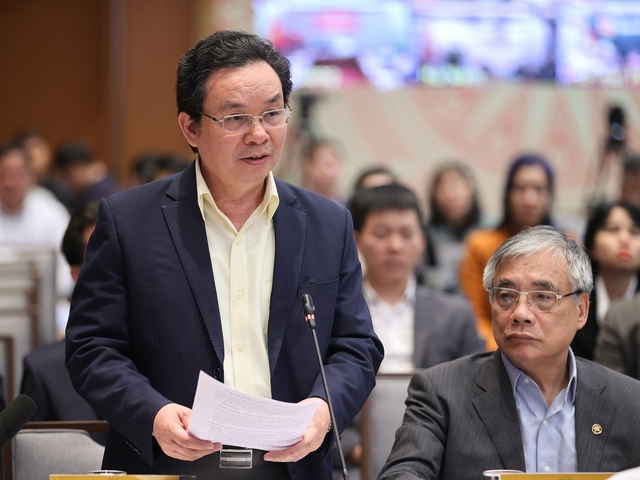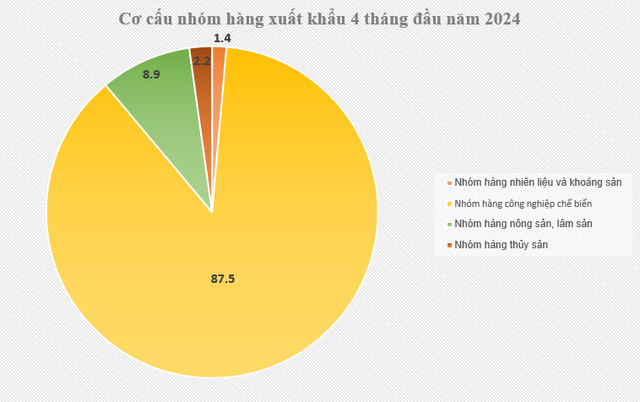
TS Hoang Van Cuong – Vice Rector of National Economics University speaks at the conference
|
At the conference on overcoming difficulties and promoting the development of social housing held on March 16, Mr. Cuong stated that first and foremost, regarding the development of social housing, the current regulations have placed social housing quite far away from the center of provinces and cities. However, the lack of transportation options and the long travel time make people reluctant to go far. In the social housing program, 2% of the housing is allocated for rent, but since it is located far away, people would not rent it. People are willing to rent houses at higher prices, even if they are smaller, but they prefer them to be closer to their workplaces, their children’s schools, and other superior services in the city center.
Therefore, Mr. Cuong proposed that there should be a program and planning to develop social housing in locations close to the center, but with lower commercial advantages, in order to build a rental housing fund. The houses should only be for rent, not for sale, in order to meet the housing needs of low-income people.
For this type of housing, he suggested using very preferential loan capital. For example, long-term loans with low interest rates from the Social Policy Bank. If enterprises invest their capital to rent out houses, the rental income would not cover the operating costs, let alone the capital recovery. This capital must be privileged capital from the Social Policy Bank or even the state. Only then can a part of the housing needs be resolved, and of course, the second program must be developed to meet the needs of those who can afford to buy a house. He believes that this program should allocate 50% for rent and 50% for purchase.
Secondly, Mr. Cuong proposed providing capital support for the development of social housing. At present, the regulations require increasing the supply of social housing, so the credit package of 120 trillion VND aims to support enterprises in investing in the development of social housing, increasing the supply. However, he suggested simplifying the loan conditions to the maximum for this group.
Because if the social housing project has been approved, it should be granted a loan without any other conditions, and the loan should be based on the progress of the project, without worrying about the loss of that capital. Providing support with an interest rate lower than 1.5-2% does not make much sense, according to Mr. Cuong. It is necessary to commit to a specific interest rate, for example, committing a 7-8% interest rate for loans to allow enterprises to plan accordingly.
In addition, the budget should be used to support this program. The current regulation has a 40 trillion VND policy package supporting interest rates according to Resolution 43, but it has hardly been disbursed. He proposed transferring the 40 trillion VND package from Resolution 43 to the program supporting low-income housing. This way, the regulation will achieve the goal of having the right projects and the right recipients, without worrying about incorrect loans.
Lastly, Mr. Cuong proposed extending the loan period for this project to ensure at least one investment cycle for enterprises to recover their capital.





































